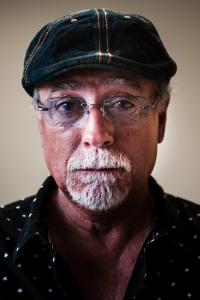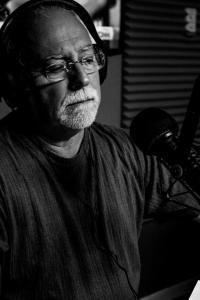Communism is a complete lie

Download image
Salvador Blanco was born on 6 May 1953 in the fishing town of Caibarién in central Cuba but he grew up in the capital of Havana. His family lived in the campus of the University of Fine Arts and since his youth, Salvador did theater, music and pantomime. In 1973, after finishing his military service, he found a job in the Cuban national TV. He played the part of the cat El Gatito in a child show, and became popular among viewers all around Cuba. His fame grew as he starred on TV, in the movies and in the theater, and he enjoyed the benefits of a prominent artist. However, in 1982, he insulted Fidel Castro during a personal encounter. He was accused of helping the CIA, disrespect for the regime, and attempted emigration. He was sentenced to three years in the terrible Cuban prisons, which he spent among inmates who committed the worst of crimes. In 1984 at the Cannes Film Festival, the French actor Yves Montand appealed to the Cuban regime to set Salvador Blanco free. After serving his time, Salvador was under surveillance of the secret police and did construction works. Thanks to the effort by French politicians, he managed to move to Paris. He worked in France, took part in international conferences for the defense of human rights. In the end, he moved to Miami where he became one of the faces of Radio and TV Martí.



